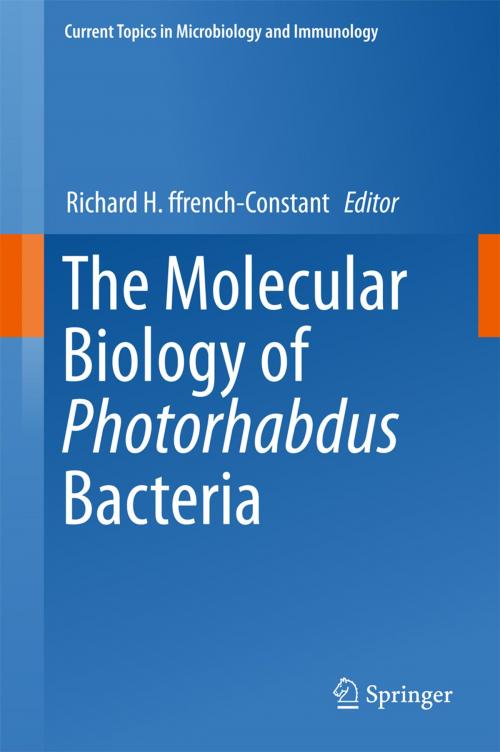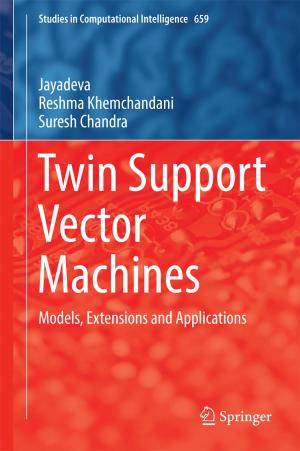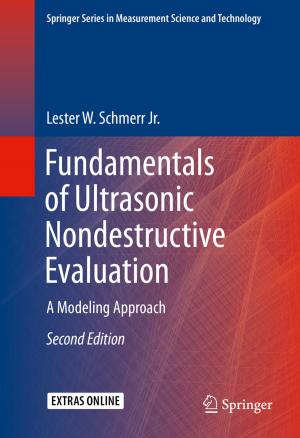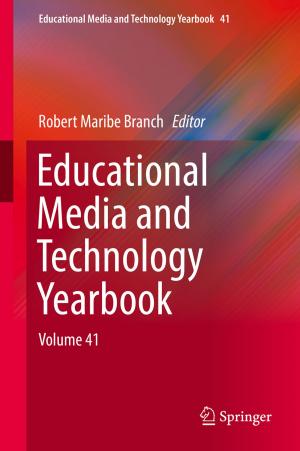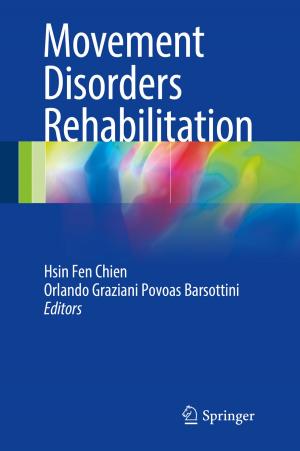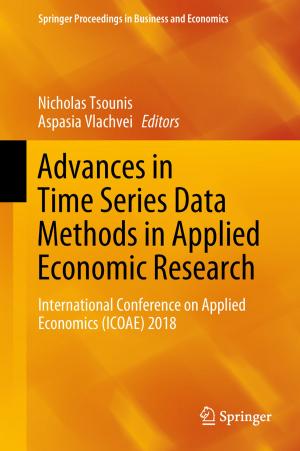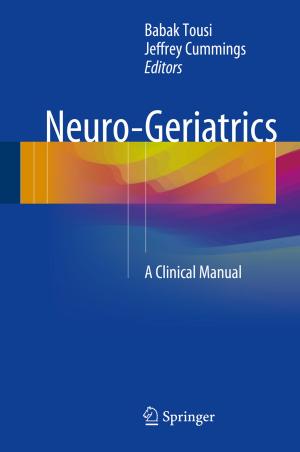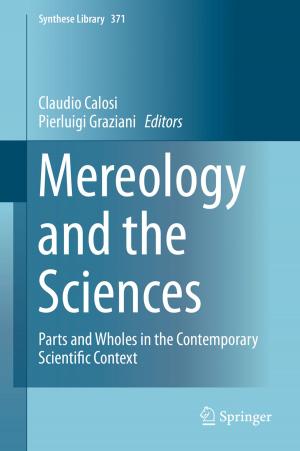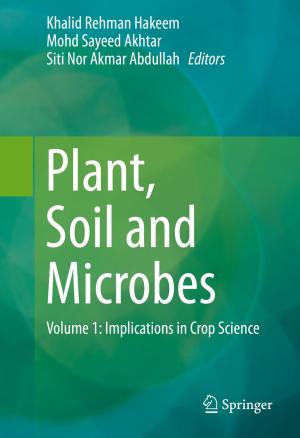The Molecular Biology of Photorhabdus Bacteria
Nonfiction, Science & Nature, Science, Biological Sciences, Bacteriology, Health & Well Being, Medical, Medical Science, Pharmacology| Author: | ISBN: | 9783319527154 | |
| Publisher: | Springer International Publishing | Publication: | May 26, 2017 |
| Imprint: | Springer | Language: | English |
| Author: | |
| ISBN: | 9783319527154 |
| Publisher: | Springer International Publishing |
| Publication: | May 26, 2017 |
| Imprint: | Springer |
| Language: | English |
This book provides an essential update on the startling array of novel insecticidal toxins and drugs produced by the fascinating bacterium Photorhabdus. The respective chapters describe everything from the detailed molecular biology of the ‘Toxin complexes’ or Tc’s to the complexity of insect immune response in relation to both the bacterium and its nematode vector. The volume covers both primary (toxin production and regulation) and secondary (natural product synthesis and regulation) metabolism and emphasises the potential use of toxins and drugs in both agriculture and medicine. It also discusses in detail two totally novel quorum sensing mechanisms and the likely role of LuxR solos in sensing the presence of different bacterial hosts. Lastly, the book explores the unique case of P. asymbiotica, which seems to have evolved the ability to infect both insects and humans. This synthesis proves that Photorhabdus truly does offer a ‘gold mine’ for the discovery of novel insecticidal proteins and novel natural products with potential uses in agriculture and medicine alike.
This book provides an essential update on the startling array of novel insecticidal toxins and drugs produced by the fascinating bacterium Photorhabdus. The respective chapters describe everything from the detailed molecular biology of the ‘Toxin complexes’ or Tc’s to the complexity of insect immune response in relation to both the bacterium and its nematode vector. The volume covers both primary (toxin production and regulation) and secondary (natural product synthesis and regulation) metabolism and emphasises the potential use of toxins and drugs in both agriculture and medicine. It also discusses in detail two totally novel quorum sensing mechanisms and the likely role of LuxR solos in sensing the presence of different bacterial hosts. Lastly, the book explores the unique case of P. asymbiotica, which seems to have evolved the ability to infect both insects and humans. This synthesis proves that Photorhabdus truly does offer a ‘gold mine’ for the discovery of novel insecticidal proteins and novel natural products with potential uses in agriculture and medicine alike.
